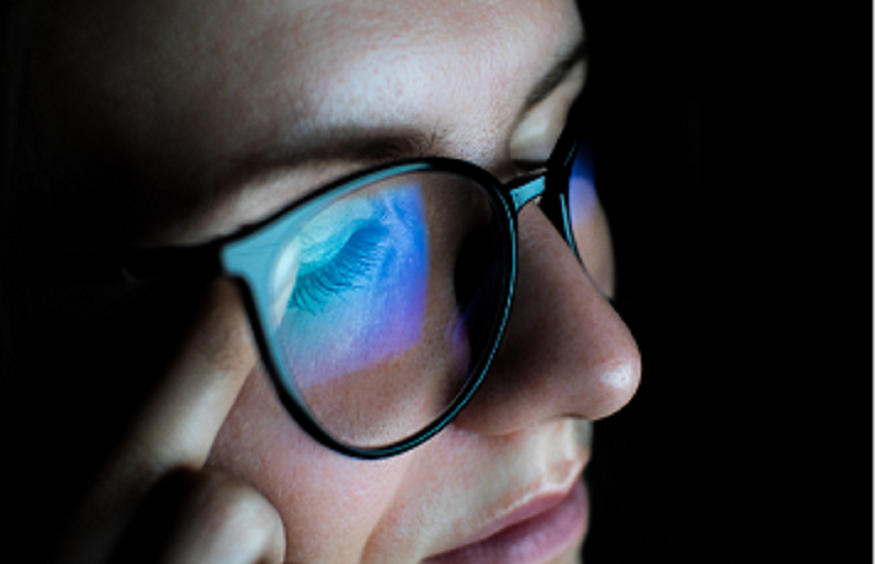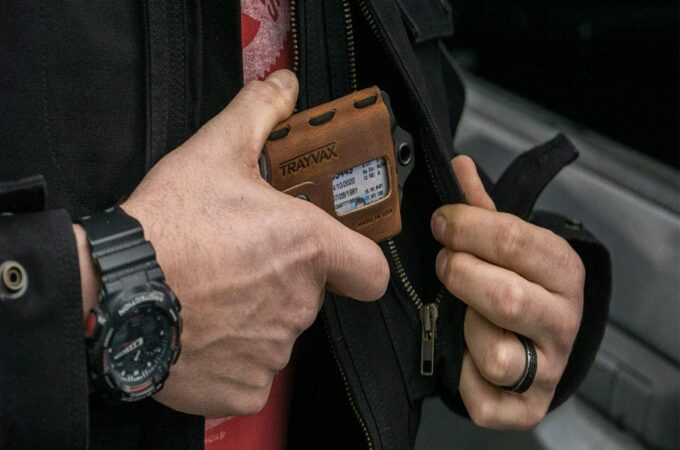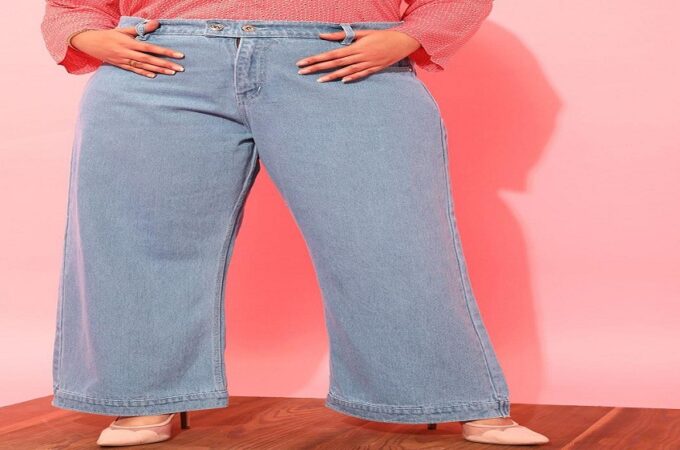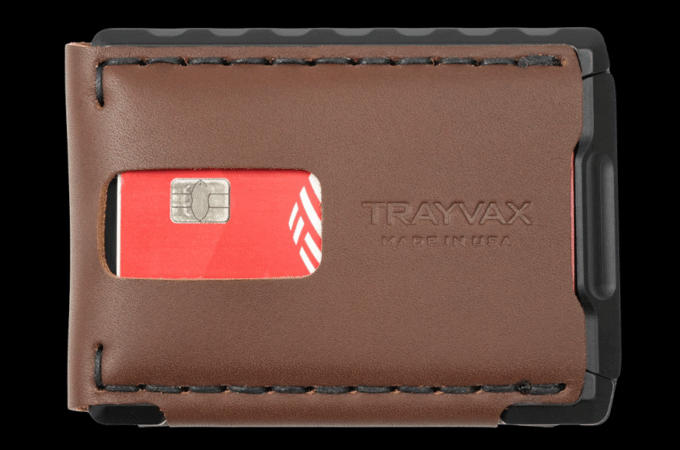
Can Blue Light Glasses Improve Your Sleep? What the Experts Say
In today’s digital world, many of us spend our evenings glued to screens—whether it’s working late on a computer, catching up on social media, or unwinding with a TV show. But as convenient as our devices are, they may be contributing to a widespread issue: poor sleep. The culprit? Blue light. Overexposure to blue light, particularly in the evening, can interfere with sleep patterns, leading to restless nights and groggy mornings. Blue light glasses have emerged as a potential solution, but can they really improve your sleep? Let’s dive into what the experts have to say.
The Role of Blue Light in Sleep Disruption
Blue light is a type of high-energy visible (HEV) light that is emitted by digital screens, LED lighting, and even the sun. During the day, exposure to natural blue light is beneficial—it helps regulate our circadian rhythm, the internal clock that tells our body when to be awake and when to sleep. However, when we’re exposed to artificial blue light from screens late into the evening, it can trick our brain into thinking it’s still daytime, suppressing the production of melatonin, the hormone that promotes sleep.
This suppression of melatonin can lead to difficulties in falling asleep, reduced sleep quality, and overall disruption of the sleep-wake cycle. Over time, poor sleep can have serious consequences for your health, contributing to issues such as fatigue, weakened immune function, and even an increased risk of chronic conditions like heart disease and diabetes.
How Blue Light Glasses Work
Blue light glasses are designed to filter out the blue light wavelengths emitted by screens, particularly in the 400-450 nanometer range, which is most disruptive to sleep. By wearing these glasses in the evening, you can reduce the amount of blue light reaching your eyes, which may help your body maintain its natural circadian rhythm and promote the production of melatonin.
The concept is simple: by blocking blue light, these glasses aim to create a more conducive environment for your body to prepare for sleep, potentially leading to better sleep quality and easier mornings.
What the Experts Say
Research on the effectiveness of blue light glasses in improving sleep is still in its early stages, but initial findings are promising. Several studies suggest that wearing blue light glasses in the evening can help improve sleep outcomes, particularly for those who spend a lot of time in front of screens.
While there are some encouraging studies, it’s important to note that blue light glasses are not a magic cure-all for sleep issues. Experts emphasize that they should be used as part of a broader strategy to improve sleep hygiene. This includes establishing a regular sleep schedule, creating a relaxing bedtime routine, and minimizing screen time before bed.
The Real-World Impact
For many people, the benefits of blue light glasses extend beyond just sleep. Reducing blue light exposure can also alleviate digital eye strain, which is common among those who spend long hours on computers or smartphones. By reducing eye fatigue, headaches, and the discomfort associated with prolonged screen time, blue light glasses can improve overall well-being, making it easier to unwind in the evening and transition to a restful night’s sleep.
If you’re considering trying blue light glasses, it’s worth exploring brands that offer a balance of style and function. Faded Days Sunglasses, for example, provides a range of blue light glasses that not only filter harmful blue light but also offer fashionable frames to suit any style. By choosing glasses that you feel comfortable wearing, you’ll be more likely to make them a regular part of your evening routine.





